4 Reasons Not To Use RV Solar Power (And 4 Reasons You Should)
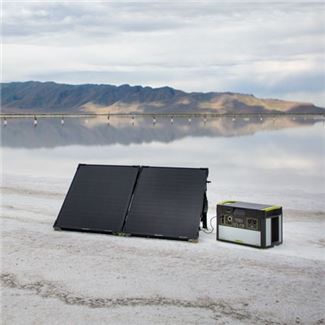
4 Reasons Not to Use Solar Power
1) You Won't Recoup Your Costs
Weekend Getaway: $1,600 Extended Boondocking Trip: $3,000 Battery Storage: $500+
The cost of a generator, if you don't have one. Generator fuel and maintenance - how much do you spend on gas, diesel, or propane during a trip? How often do you have to change the oil? (Keep in mind, even if you install solar panels, you will likely still have to run your generator from time to time.) Campground fees - how much do you spend to use hookups at campsites? How often would you stay at campgrounds with hookups if you had access to solar power?
Solar panels Batteries, if you want to increase your energy storage capacity Charge controller, if one is not included with your solar panel kit Inverter, if one is not included with your solar panel kit and you want to use AC power
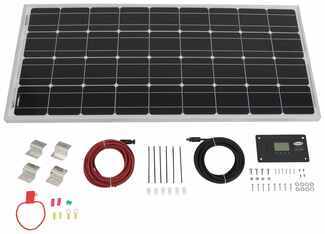
Scenario A: The Boondocker
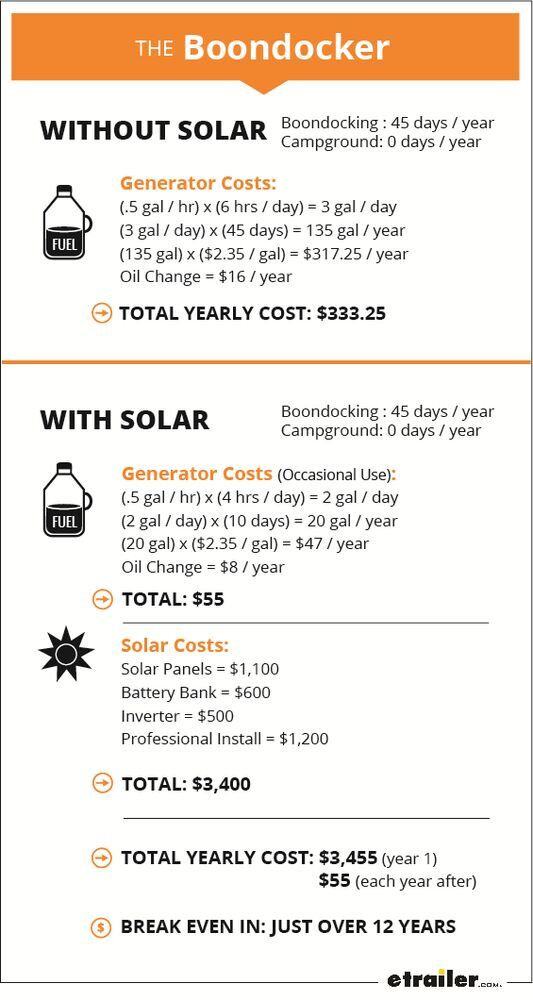
Scenario B: The Casual Dry Camper
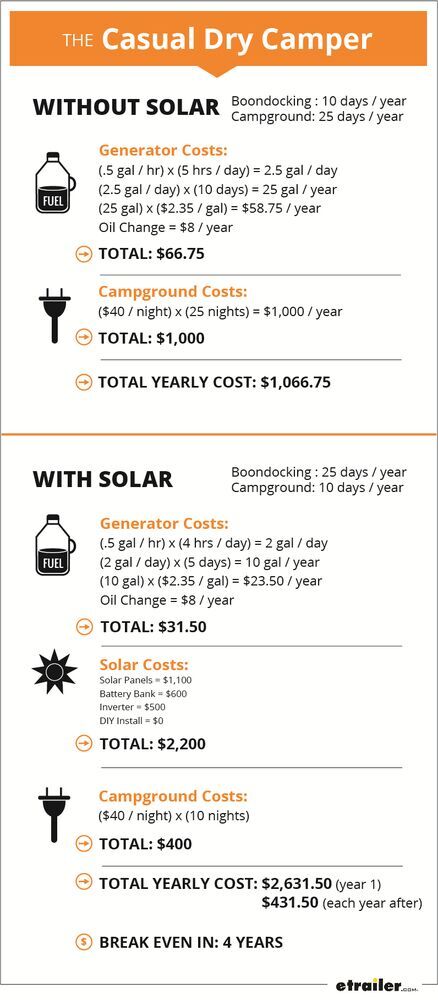
Scenario C: The Campground Convert
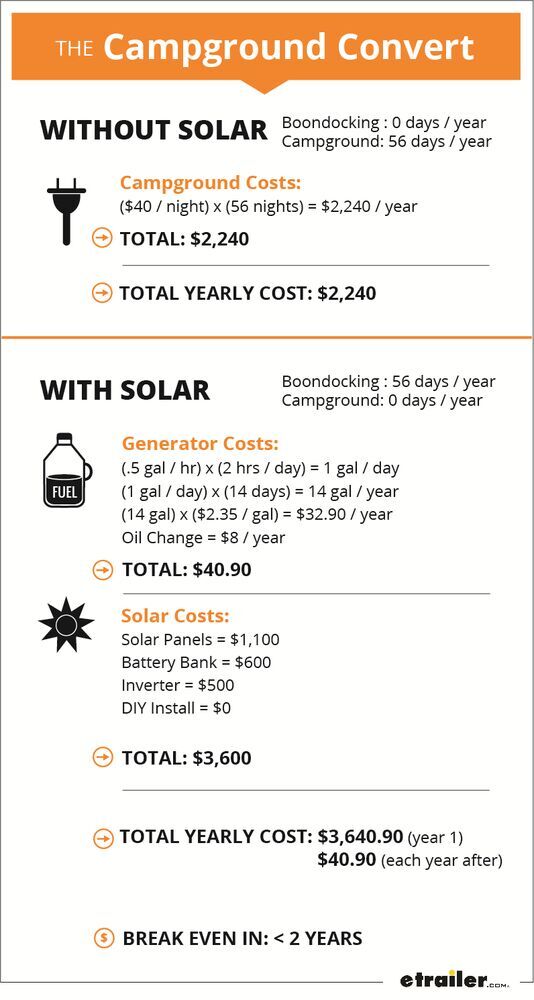
2) Your Location Isn't Solar-Friendly
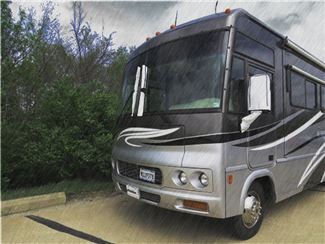
3) You Have Other (Better) Options
Shore power Vehicle alternator Generator
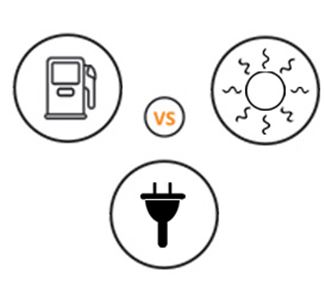
4) You're Brand New to RVing
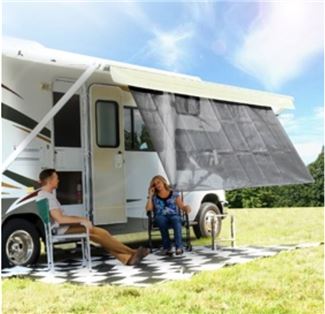
4 Reasons to Use Solar Power
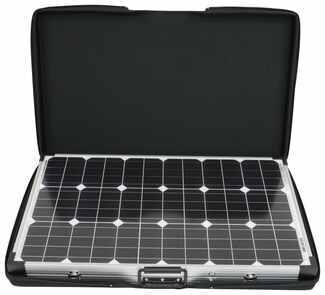
1) You Expect Long-Term Savings
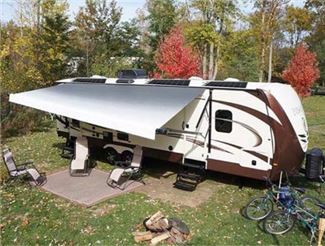
2) You Crave the Freedom of Solar-Powered Camping
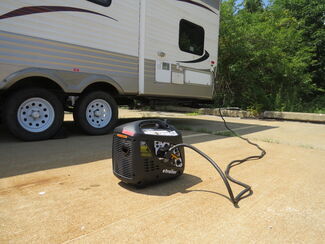
3) You Don't Want to Rely on a Generator
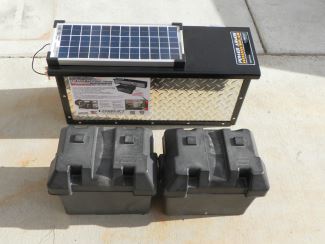
4) You Want to Increase Your Battery's Lifespan
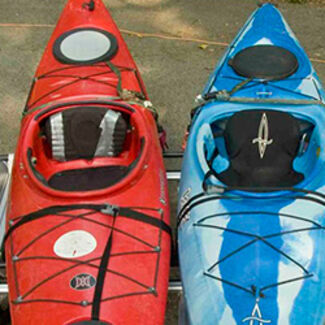
Ivan C.
7/4/2022
I would like to see a power cell comparison. I don't want to mess with solar and the rig batteries allow us to boon dock for several days. But a little TV or occasionally microwave use would be nice. If we need A/C we can find a place with power.

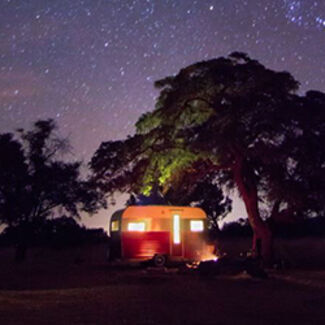
Papa T.
5/18/2022
A real solar setup to run AC and all the other stuff that setup will cost between $10,000 to $15,000

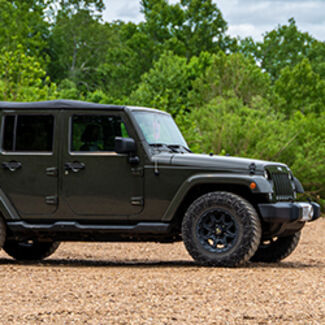

Chris H.
4/18/2021
We love to boondock but rarely have the opportunity to do it in most of the places we travel. Therefore we are tied to hitting a campground on a regular basis. Batteries will take us a couple days with no problem and a little generator use for necessary high current needs works fine as long as we get a hook up every 3 to 4 days.
Departments
Towing
- Trailer Hitch
- Fifth Wheel
- Gooseneck
- Towing a Vehicle
- Front Hitch
- RV Hitch
- ATV Hitch
- HD Truck Hitch
- Vehicle Wiring
- Brake Controller
- Ball Mounts
- Weight Distribution
Sports and Recreation
Trailer Parts
- Utility Trailer
- Boat Trailer
- Landscape Trailer
- Enclosed Trailer
- 5th/Camper Trailer
- Car Hauler
- Horse Trailer
Vehicle
Contact & Help

What our customers are saying:
"Your internet site is very well organized and easy to use...My order was shipped very promptly and included everything I ordered...All in all this was a simple procedure for what can be a complicated order. I would use your company again or recommend you to others. Your selection was broad and your prices fair."
Popular Vehicles
- Subaru Forester
- Ford F-350 Super Duty
- Ford F-250 Super Duty
- Chevrolet Silverado 1500
- Jeep Wrangler Unlimited
- Jeep Wrangler
- Ram 3500
- Toyota Highlander
- Ram 2500
- Chevrolet Silverado 2500
- Subaru Outback Wagon
- Chevrolet Silverado
- Dodge Ram Pickup
- GMC Sierra 2500
- Ram 1500
- Ford F-250 and F-350 Super Duty
- Jeep Grand Cherokee
- Toyota Tacoma
- GMC Sierra 3500
- Toyota Tundra
- Ford Escape
- More >>


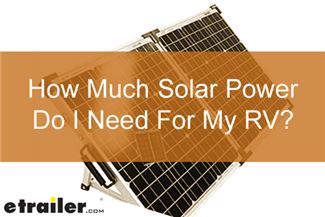
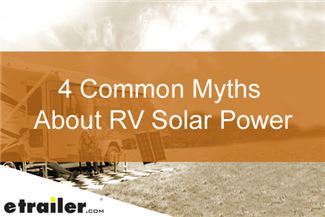
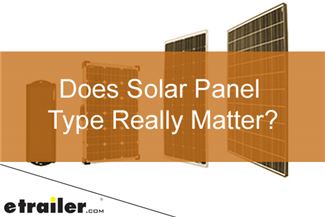
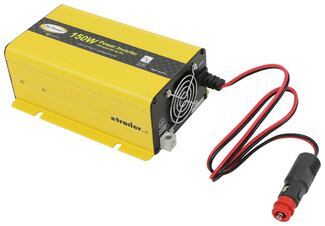
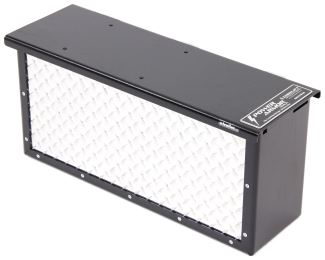
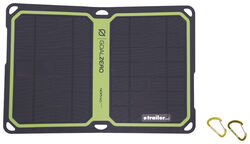
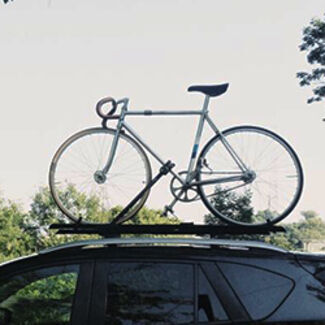


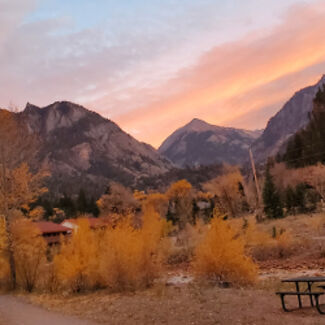

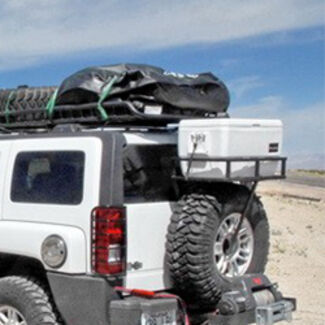
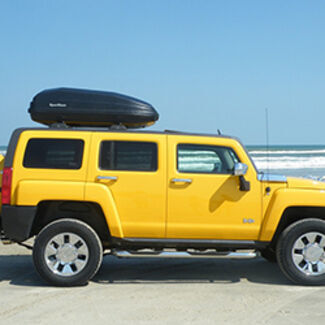

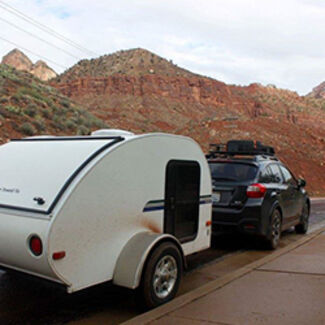
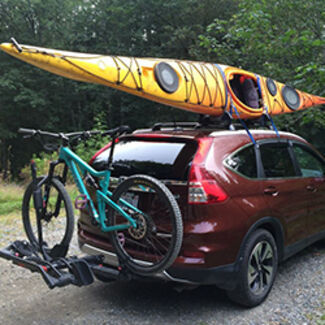
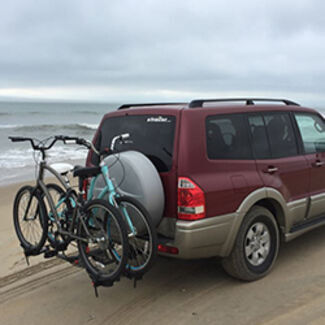













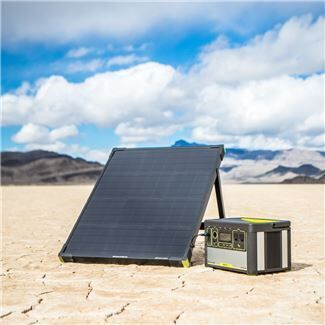







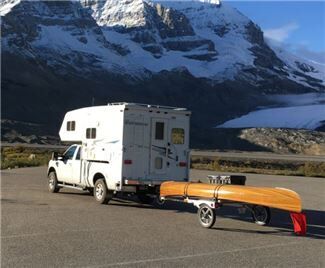



Eddie W.
8/11/2022
I never camp in a pay campground. To many people, I go camping to get away from them. For $XXX.XX and a little time, effort I put in my one system, dam well worth it. Batters are always up and good to go.